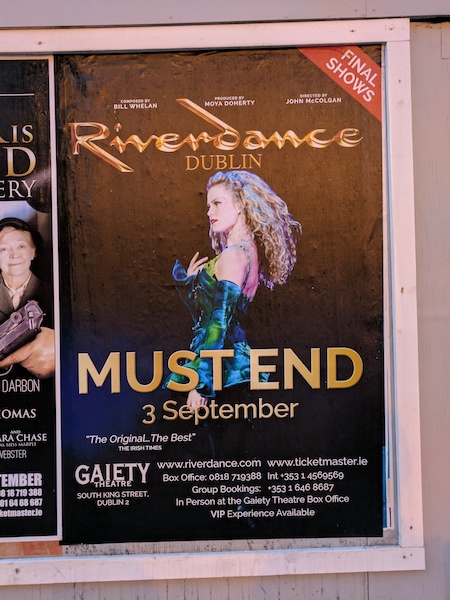The growing sense of paranoia in the United States has prompted me to read up on the McCarthy era. What, I find myself asking, is the proper comparison, if any, between McCarthyism and Trumpism?
And I find what I have learned to be oddly comforting. Joseph McCarthy, for a time, managed to create a mass hysteria that swept through all levels of both government and the secular economy. For a number of years, large numbers of Americans were the victims of devastating accusations made in secret — accusations that the accused were never permitted to see — with no legal recourse to defend themselves.
Under Trump, even while he is in power, roughly half of the nation mainly considers him to be an embarrassment. By those who do not support him, he is is perceived as ignorant, a grandstanding buffoon, a crudely misogynistic and xenophobic former Reality TV host attempting to reach far above his level of competence, vainly trying to impersonate someone he is not and never will be.
At the height of his power and influence, McCarthy was never seen as a buffoon. In this sense McCarthy was far more dangerous. For a time, our nation was largely united in the belief that his various political machinations represented objective reality.
It doesn’t look as though Trump is ever going to achieve anything like that level of support. For most voters, he is merely a perverse symptom of something gone wrong with our democratic process.
In a way this is comforting. Our nation once endured the ravages of McCarthyism, and many innocent lives were devastated. At this point, even as Trump holds some of the ostensible reigns of power, it doesn’t look as though he has the ability to create a similar distortion of reality beyond those in his loyal base.

